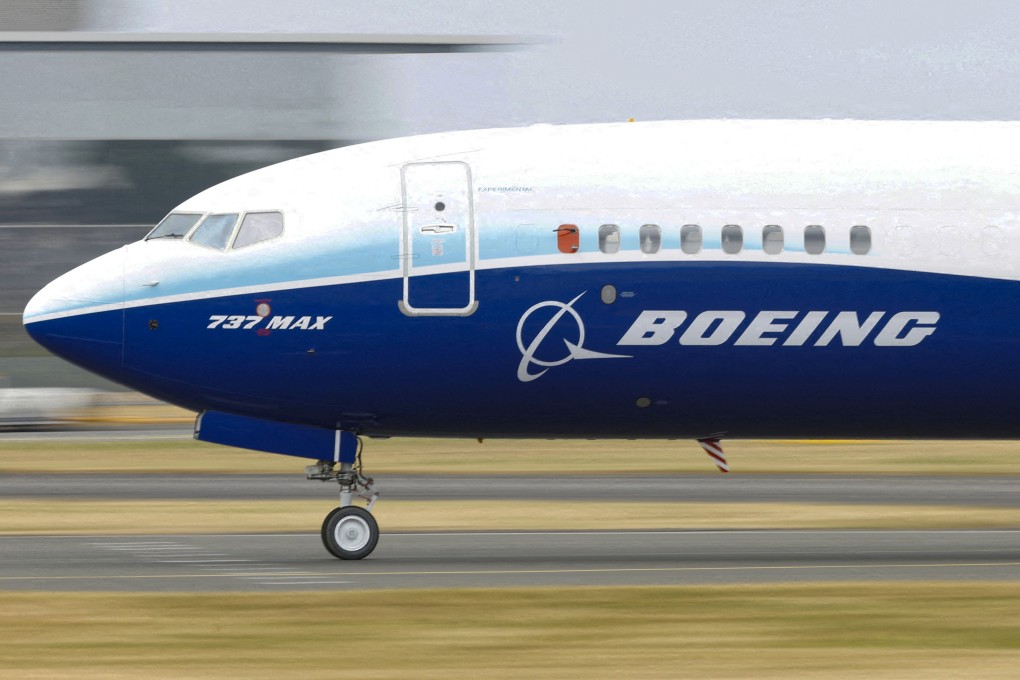Exclusive | Boeing commits to China for the long haul, but no word on when 737 MAX will ‘safely return’ to service
- Boeing’s business hasn’t been the same since the US-China trade war kicked off four years ago, but the company is looking decades down the line
- Less than two months after Boeing said it would remarket 737 MAX jets earmarked for China, its sales vice-president says the embattled jet remains part of the firm’s future plans there

US aerospace giant Boeing says it is committed to supporting air transport in China over the next half-century, even as its business in the critical aviation market remains impeded by geopolitical entanglements between the superpowers.
But despite the challenges and uncertainties ahead, China remains Boeing’s largest overseas commercial market, said Peter Gao, Boeing’s vice-president of commercial sales and marketing for Greater China.
Gao added that the company’s diversified investments in China – including in a completion-and-delivery facility in Zhoushan; a composite-parts factory in Tianjin; and a services centre and a training campus in Shanghai – plus its “close relationships with the Civil Aviation Administration of China (CAAC), airlines and leasing customers and industrial partners”, will be the basis of Boeing’s future growth in China.